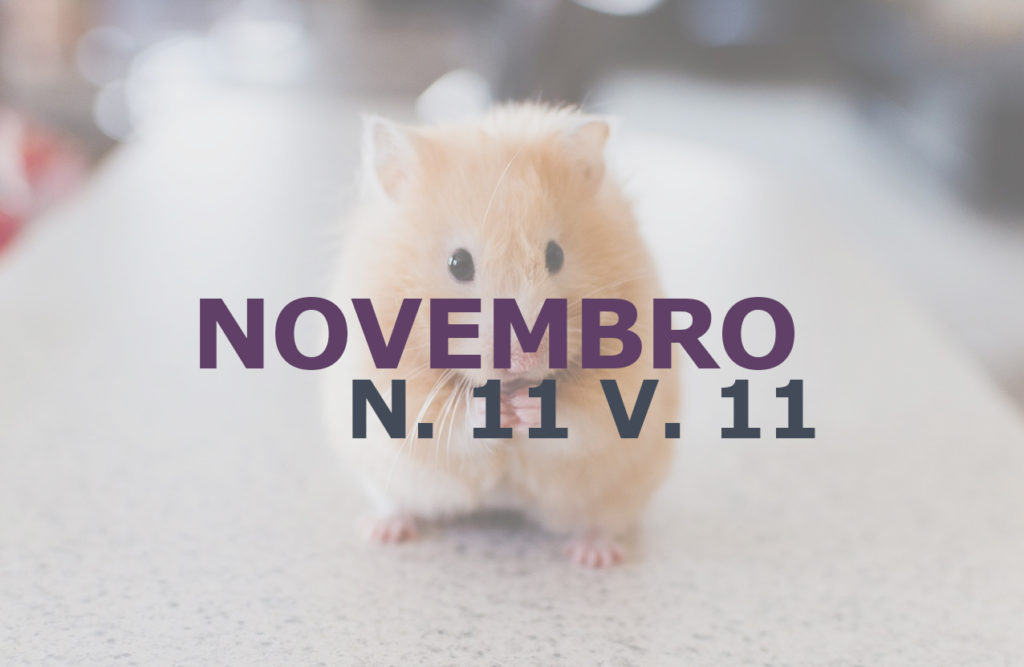Gastrointestinal parasites in cats of the city of Porto Alegre, Rio Grande do Sul
DOI:
https://doi.org/10.22256/PUBVET.V11N11.1132-1137Keywords:
feline, helminths, prevalence, parasitic diseases, zoonosesAbstract
The objective of this work is to determine the gastrointestinal parasitism in cats treated at the Hospital of Veterinary Clinics of the Universidade Federal do Rio Grande do Sul (HCV / UFRGS) from 2014 to 2016. Fecal samples from 339 felines domiciled in the city of Porto Alegre, RS, were analyzed. The samples were processed by the methods of Willis-Mollay, Lutz and Faust. Of the total, 31.85% (108) presented a positive result. The most prevalent parasites were Ancylostoma spp. (40.74%), Cystoisospora spp. (21.29%) and Toxocara spp. (12.96%). It is concluded that the highest prevalence occurred in the year 2016, with no difference for males and females. Even at low prevalence, parasites of the genus Paragonimus, Spirometra and Giardia demand attention due to the zoonotic potential, which makes the role of the veterinarian of extreme importance participating in the diffusion and awareness about the relevance of these parasitoses.
Downloads
Published
Issue
Section
License
Copyright (c) 2017 Sandra Márcia Tietz Marques, Muriel Rodrigues Ferraz de Oliveira, Mary Jane Tweendie de Mattos Gomes

This work is licensed under a Creative Commons Attribution 4.0 International License.
Você tem o direito de:
Compartilhar — copiar e redistribuir o material em qualquer suporte ou formato
Adaptar — remixar, transformar, e criar a partir do material para qualquer fim, mesmo que comercial.
O licenciante não pode revogar estes direitos desde que você respeite os termos da licença. De acordo com os termos seguintes:
Atribuição
— Você deve dar o crédito apropriado, prover um link para a licença e indicar se mudanças foram feitas. Você deve fazê-lo em qualquer circunstância razoável, mas de nenhuma maneira que sugira que o licenciante apoia você ou o seu uso. Sem restrições adicionais
— Você não pode aplicar termos jurídicos ou medidas de caráter tecnológico que restrinjam legalmente outros de fazerem algo que a licença permita.





